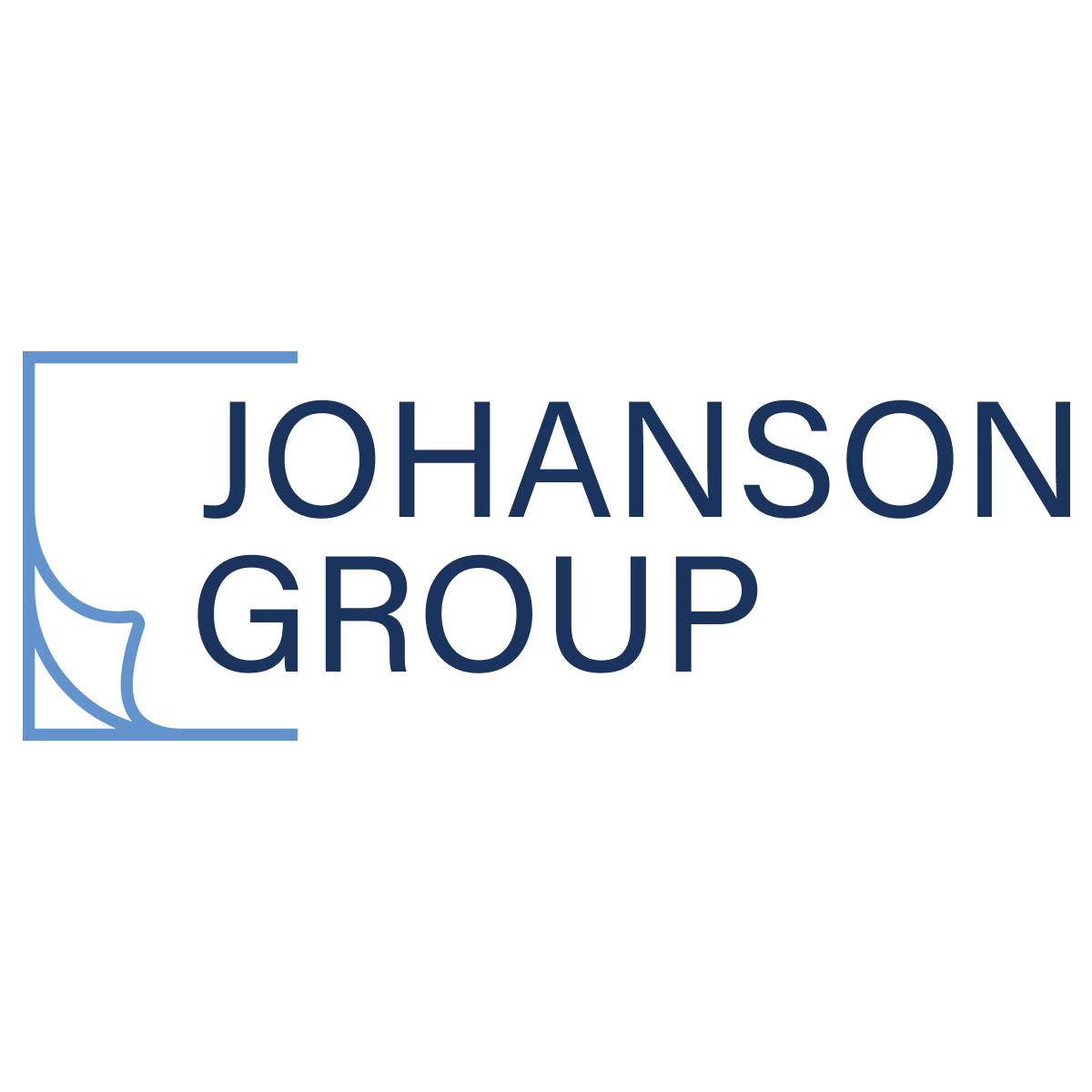ISO 27001 for Small Businesses
In an era where digital threats loom large, safeguarding sensitive information has become paramount for businesses of all sizes. Small businesses, in particular, can benefit significantly from implementing robust information security measures.
ISO 27001, an international standard for information security management, provides a comprehensive framework for protecting data assets. In this guide, we will explore the importance of ISO 27001 for small businesses, the industries that can benefit, the implementation process, the necessity of certification, and the associated costs.
1. The Importance of ISO 27001 for Small Businesses
The pervasive nature of cyber threats makes information security indispensable for small businesses. ISO 27001 serves as a comprehensive guide for identifying, managing, and mitigating information security risks. It ensures the confidentiality, integrity, and availability of crucial data, bolstering the resilience of small enterprises against potential threats. Implementing ISO 27001 fosters a culture of security, instilling confidence in clients and stakeholders about the small business's commitment to safeguarding sensitive information.
2. Industries that Can Benefit from ISO 27001 Certification
ISO 27001 is a versatile standard applicable to a wide range of industries. Small businesses operating in finance, healthcare, legal services, technology, Saas, and any sector dealing with sensitive information can benefit significantly. The standard is instrumental in protecting financial records, patient data, legal documents, and intellectual property. By obtaining ISO 27001 certification, small businesses enhance their credibility and gain a competitive advantage in industries where data security is paramount.
3. How to Implement ISO 27001 into Your Small Business
Implementing ISO 27001 involves a structured approach tailored to the specific needs of each small business. The process typically begins with a thorough risk assessment, identifying assets and potential vulnerabilities. Small businesses then develop information security policies, create an Information Security Management System (ISMS), and define roles and responsibilities. The establishment of controls and continuous monitoring ensures ongoing compliance and readiness to adapt to evolving threats.
4. Is it Necessary to Have ISO 27001 Certification for Small Businesses?
While ISO 27001 certification is not mandatory, it offers several advantages for small businesses. Certification provides a tangible demonstration of a commitment to information security best practices. It can serve as a differentiator in the market, attracting clients who prioritize secure business partnerships. Additionally, some industries and clients may explicitly require ISO 27001 certification as a prerequisite for collaboration, making it a strategic investment for small businesses.
5. How Much Does it Cost to Get ISO 27001 Certified?
The cost of ISO 27001 certification for small businesses varies based on factors such as organizational size, complexity, and the chosen certification body. Costs may include employee training, consultancy fees for expert guidance, and charges associated with the certification audit. While the initial investment may seem significant, the long-term benefits, including improved security posture, reduced risks, and potential business expansion, justify the costs.
Contact Johanson Group for ISO 27001 Certification
In conclusion, ISO 27001 is a valuable asset for small businesses seeking to fortify their information security practices. Beyond mere compliance, ISO 27001 fosters a proactive and resilient approach to cybersecurity. To embark on the journey of ISO 27001 certification, small businesses are encouraged to contact Johanson Group.
Our experienced professionals specialize in guiding organizations through the intricate process, ensuring a seamless and successful implementation of ISO 27001. Safeguard your digital future with Johanson Group – where security meets excellence. Contact us today to secure your small business against evolving digital threats.



